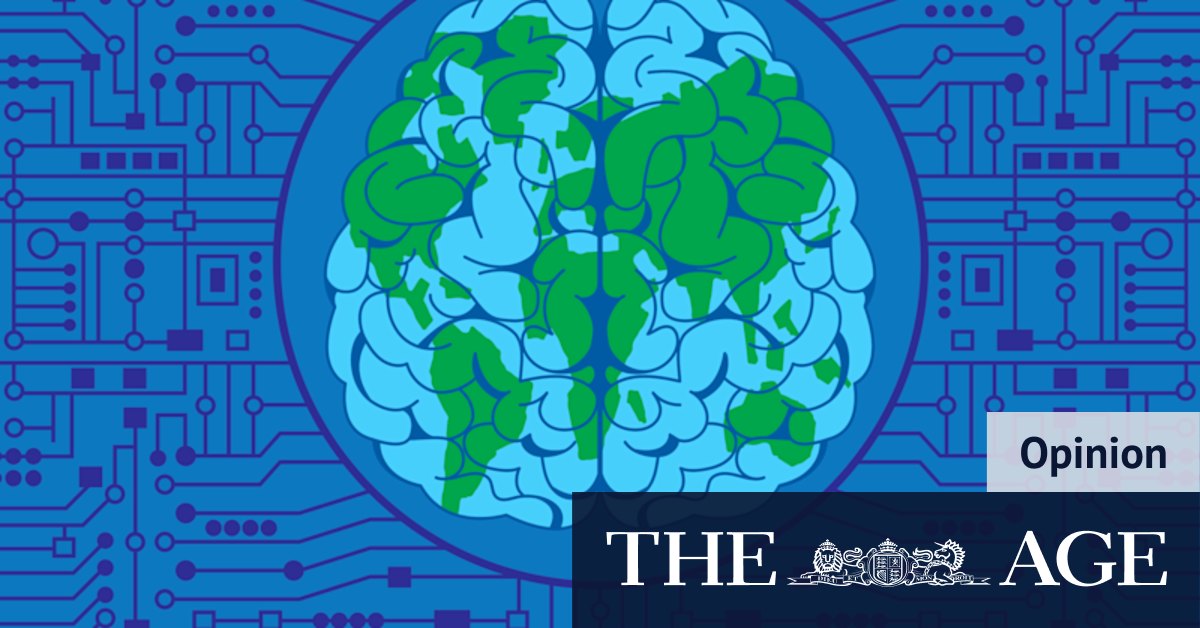There will be job losses, because when incompetents rely on AI to do their work for them, eventually the clients or superiors they’re serving will cut out the middle-moron and go straight to the machine. Companies are cutting roles that can be convincingly emulated by AI because humans have not been value-adding to them. The question is just whether managers are themselves competent enough to recognise which roles these are and restructure their processes and workforce to provide value-add before their output is compromised.
To date, it has been so-called low-skilled jobs that have been most at threat from automation. But AI is changing the very nature of the skills that businesses require. A decade ago, workers who lost their jobs to increasing automation were told to “learn to code”. Now, coding itself is being replaced by AI. “Learn to care” is the mantra of this wave of social change.
Care isn’t just a gentle touch in health or aged care. It comes from emotional insight. A call-centre worker with no emotional intelligence can be classed as unskilled. There’s no question that a machine can answer the phone, direct queries and perform simple information sharing functions such as reading out your bank balance. But when the query is more complex or emotionally loaded, AI struggles. EQ, the emotional version of IQ, is a skill that can make an enormous difference in customer satisfaction and retention.
A more highly skilled job that I’ve recently seen performed by a human and a machine is quantitative research. A good machine model can do more interviews more quickly than a human interviewer, and the depth is much of a muchness. But a skilled interviewer with a thorough understanding of the objectives and a higher emotional attunement to the way people skirt around big topics could achieve greater depth and uncover richer insights. That requires both human IQ and EQ, which the machine doesn’t have. A human with these qualities is still needed to tune the AI to deliver its best outputs.
Which is why the idea of a four-day week based on AI efficiency is as utopian as the fear of massive job losses is catastrophist. The Dunning-Kruger effect, turbocharged by generative tools, will ruthlessly expose enterprises that mistake algorithmic speed for depth. Jobs and companies built on AI’s cold efficiency and unfounded self-confidence will soon be exposed.
The roundtable exposed a discussion on AI still stuck on threats and oblivious to skills. In the end, the danger isn’t that AI will outsmart us, it’s that humans will be too dumb to use it well.
Parnell Palme McGuinness is managing director at campaigns firm Agenda C. She has done work for the Liberal Party and the German Greens.
Get a weekly wrap of views that will challenge, champion and inform your own. Sign up for our Opinion newsletter.

